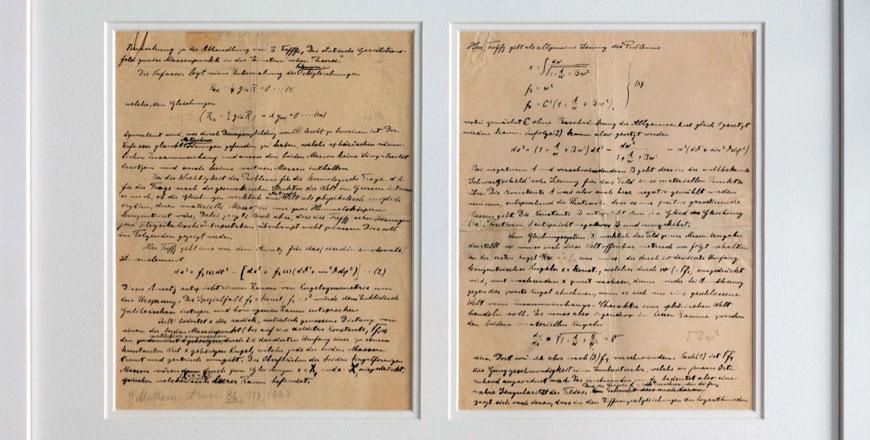You are here
Japanese, Canadian win Nobel for neutrino work
By AFP - Oct 06,2015 - Last updated at Oct 06,2015
STOCKHOLM — Takaaki Kajita of Japan and Arthur McDonald of Canada were awarded the Nobel Physics Prize on Tuesday for determining that neutrinos have mass, a key piece of the puzzle in understanding the cosmos.
"The discovery has changed our understanding of the innermost workings of matter and can prove crucial to our view of the Universe," the Royal Swedish Academy of Sciences said.
The findings are so far-reaching that they challenge the so-called Standard Model, the conceptual model of fundamental particles and forces, it said.
Neutrinos are lightweight neutral particles that are created as the result of nuclear reactions, such as the process that makes the Sun shine.
Next to particles of light called photons, they are the most abundant particles in the Universe.
Their existence was tentatively proposed in 1930, but was only proved in the 1950s, when nuclear reactors began to produce streams of the particles.
The prevailing theory was that neutrinos were massless, but experiments carried out separately in underground labs by teams led by Kajita in Japan and McDonald in Canada showed that this was not the case.
Neutrinos change identity
Many neutrinos blasted out from the Sun — a type called electron neutrinos — "oscillated" en route to become cousin particles called muon-neutrinos and tau-neutrinos, they found.
Since the 1960s, scientists had estimated the number of neutrinos created in the nuclear reactions that make the Sun shine.
But when this figure was compared against actual measurements on Earth, an anomaly emerged.
Up to two-thirds of the calculated tally of neutrinos coming from the Sun was missing, and no one knew where they were going.
In 1998, working at the Super-Kamiokande detector — a 50,000-tonne tank of highly purified water built at the bottom of an old zinc mine in central Japan — Kajita discovered that neutrinos seemed to change identities on their way from the Sun to Earth.
Meanwhile, in 1999, scientists led by McDonald at the Sudbury Neutrino Observatory, built deep under the ground in an old nickel mine in Ontario, Canada, were also studying neutrinos coming from the Sun. In 2001, his group also proved that neutrinos had a chameleon-like nature.
Under the quirky rules of quantum physics, the identity shift the scientists observed can only happen if neutrinos have mass.
"You can chalk up yet another success for quantum mechanics because without it we would not be able to make sense of the experimental results that have led to this prize," said Robert Brown, head of the American Institute of Physics.
The Nobel committee said the work threw down the gauntlet to theoretical physics.
Standard Model questioned
"The experiments have... revealed the first apparent crack in the Standard Model," the panel said.
"It has become obvious that the Standard Model cannot be the complete theory of how the fundamental constituents of the Universe function."
Intense activity is under way to understand more about the elusive particles.
"New discoveries about their deepest secrets are expected to change our current understanding of the history, structure and future fate of the Universe," the jury said.
Kajita and McDonald will share the prize sum of 8 million Swedish kronor (around $950,000 or 855,000 euros).
McDonald, 72, told the Nobel Foundation that winning the prize was "a very daunting experience, needless to say," recalling the "eureka moment" when he made his discovery.
"Fortunately I have many colleagues as well who share this prize with me," he added.
McDonald is a professor emeritus at Queen's University in Canada.
Kajita, 56, meanwhile said, "it was a real surprise to me. It's kind of unbelievable."
Asked whether he ever dreamed of winning the Nobel, he replied: "As really a dream maybe yes, but not a serious dream so far."
He is the director of the Institute for Cosmic Ray Research and a professor at the University of Tokyo.
This year's physics prize follows the 2002 award to Raymond Davis of the US and Masatoshi Koshiba of Japan, pioneers in the field of cosmic neutrinos.
Nobel week continues on Wednesday with the announcement of the winners of the Nobel Chemistry Prize.
The winner of the literature prize will be revealed on Thursday, while the peace prize will be announced in Oslo on Friday.
The economics prize wraps up this year's Nobel season on October 12.
The laureates will receive their prizes in Stockholm on December 10, the anniversary of the 1896 death of prize creator Alfred Nobel, a Swedish philanthropist and scientist.
Related Articles
STOCKHOLM — The Nobel Museum in Stockholm has been gifted Albert Einstein's first paper published after he received the Nobel Prize in 1922
STOCKHOLM/LONDON — Three scientists from Sweden, the United States and Turkey won the 2015 Nobel Prize for Chemistry on Wednesday for workin
Three Japanese-born researchers on Tuesday won the Nobel Prize for Physics for inventing the LED lamp, a boon in the fight against global warming and aiding people in poverty.

















